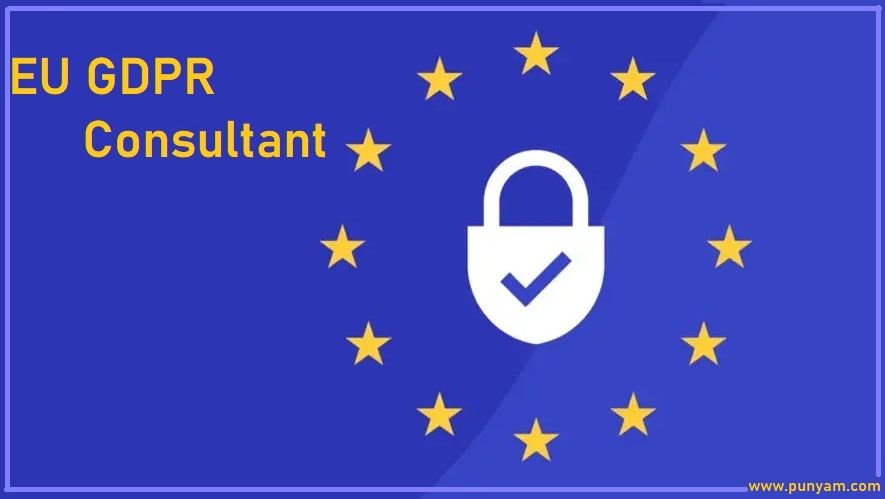Compliance with the EU General Data Protection Regulation (GDPR) has become critical and required for organizations that process personal data, and not every organization has the skills or time to implement all of the regulations on its own, creating a significant market for GDPR consultants. The GDPR-related services sector has expanded in recent years, with diverse career options ranging from GDPR consultation to inside company jobs, making this an excellent opportunity for privacy and data protection professionals.
What qualifications does a professional require?
Due to the multidisciplinary nature of the GDPR, the skills of GDPR consultants can range from data engineering to information security to legal to IT. Universities and other academic organizations also offer a few data protection-related courses.
Gaining experience in EU GDPR compliance and the application of data privacy legislation by participating in an EU GDPR data protection officer training course and earning certification as a Data Protection Officer demonstrates to prospective clients that you are capable of handling their data. The DPO is the key role that the GDPR identifies; it is a standalone job that can be either within or external to the company, and it acts as the key point of contact between the controller, the data subject, and the supervisory authority (or Data Protection Authority, DPA). Certification as a DPO can establish your proficiency as a GDPR consultant, even to clients who do not require one.
What skills does an Individual need?
Strong legal knowledge of the GDPR's objectives and execution, as well as the judgments made by supervisory authorities across Europe that provide the regulation's current interpretation, are necessary for GDPR counsel. Beyond just reading the GDPR's wording, it's important to understand the evolution of permission, the principles of privacy by design, and the process for implementing a transfer of personal data to third countries.
Also, having an understanding of information security will enable you to advise on how to put the right security measures in place. For instance, how to create a recovery plan, how to handle a data breach, or how to decide whether a hardware or software update is required. These kinds of expertise can mean the difference between a strictly legal strategy and assisting your client in striking a balance between expenses and the protection of rights, which is what the GDPR is trying to achieve. The GDPR can benefit greatly from an understanding of ISO 27001, a top information security standard.
Even the EU GDPR consultant requires some soft skills, just like in any consulting position. Companies frequently view EU GDPR compliance as a purely administrative expense, and data protection is something that slows down commercial activities without bringing in money. A business-oriented mindset can assist your clients in estimating a budget in a reasonable amount of time to achieve GDPR compliance with the most effective use of resources. As a result, communication skills are essential for making your clients aware of the significance of data protection, even for non-personal data.

How to acquire EU GDPR consultant skills?
Formal education is one way to learn, but if you are a professional with a focus on a related field (such as information security, computing, law, engineering, or management), you can also educate yourself using books, online courses, webinars, and seminars that can help you integrate your skills and fill in any gaps.
Then, participating in professional groups can assist you in learning from the experiences of other professionals about various solutions to common difficulties. It is crucial to read the newsletters and decisions made by data protection authorities to apply solutions that those measures frequently recommend and to learn from others’ mistakes.


No comments yet